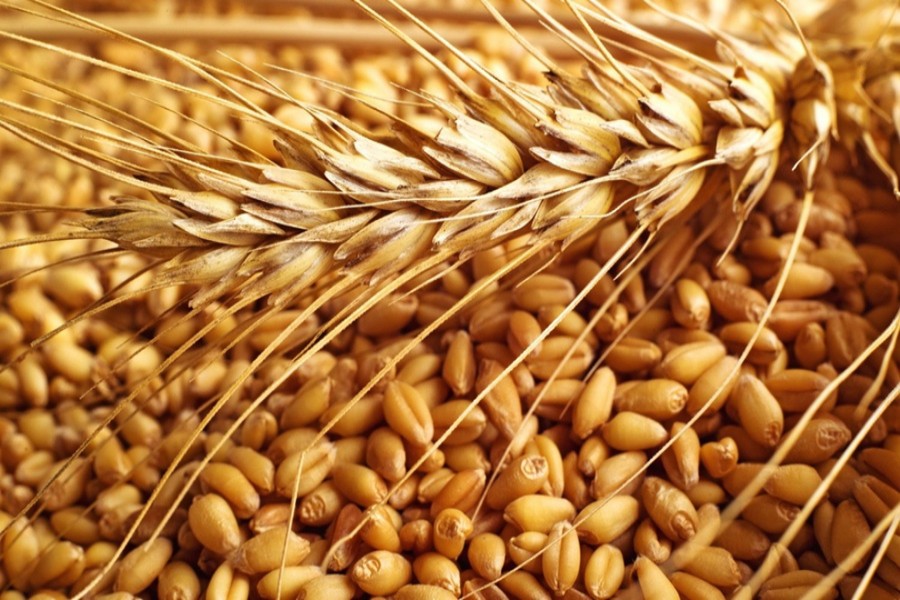Bangladesh will import around 6.5 million tonnes of wheat in the next marketing year, the USDA’s local branch in the country estimated, according to a report published on www.agricensus.com Wednesday.
A 10 per cent increase from the branch’s estimate last year, the USDA expects around 260,000tonnes of wheat to be sourced from the US, which fits with official US export figures that have shown an uptick in wheat cargo inspections destined for Bangladesh.
The USDA’s official estimate currently put wheat imports at 7.0 million tonnes, up from the official estimate of 6.4 million tonnes last year.
Both the USDA head office and its local branch agree that harvested area will increase by 5.7 per cent to 370,000 hactors, with local production to increase by 6.2 per cent to 1.12 million tonnes due to better yields.
Corn imports will increase by roughly a third to 2.0 million tonnes, where 300,000 tonnes will come from the US.
Increased corn exports to Bangladesh are largely on the back of increased industrial demand in the country.
The USDA noted that farmers in the country were increasingly turning their heads to corn production rather than rice.
“[R]ice is treated as a principal crop that farmers feel compelled to produce whether it is profitable or not. Farmers prefer producing corn, as it is somewhat resistant to adverse weather, and has high market demand,” the USDA said.
In a bid to support local agriculture, the government of Bangladesh has increased import tariffs on grains.
"Import tariffs on starches of wheat, corn, potato, and cassava have been rationalized to 15 percent customs duty and 10 per cent regulatory duty which was only a custom duty in the previous fiscal year," the report said.
In addition to levying import tariffs, heavily subsidised machinery, rebates on electricity and funding at low interest rates for farmers was also a part of the 2018/19 budget.


